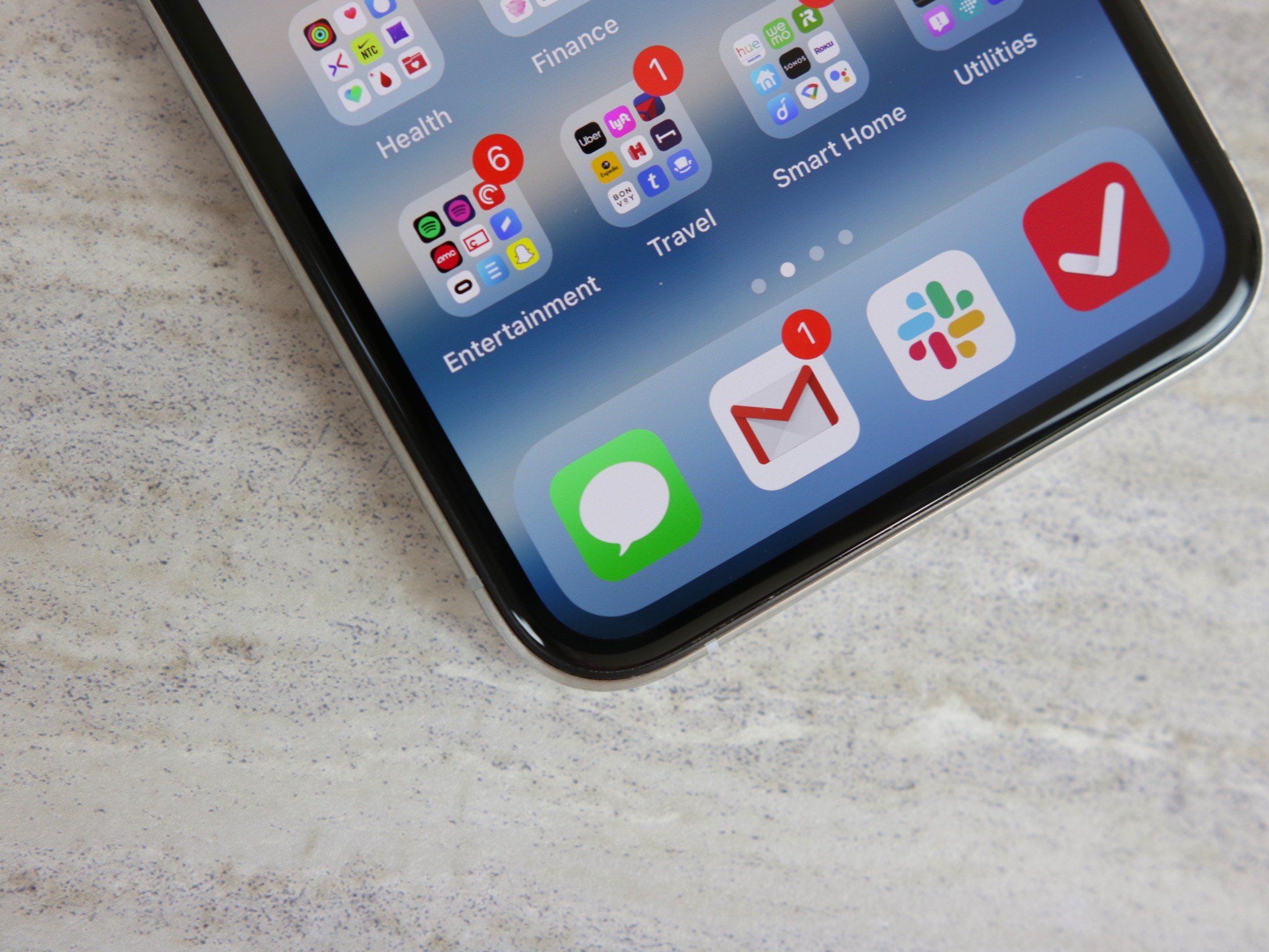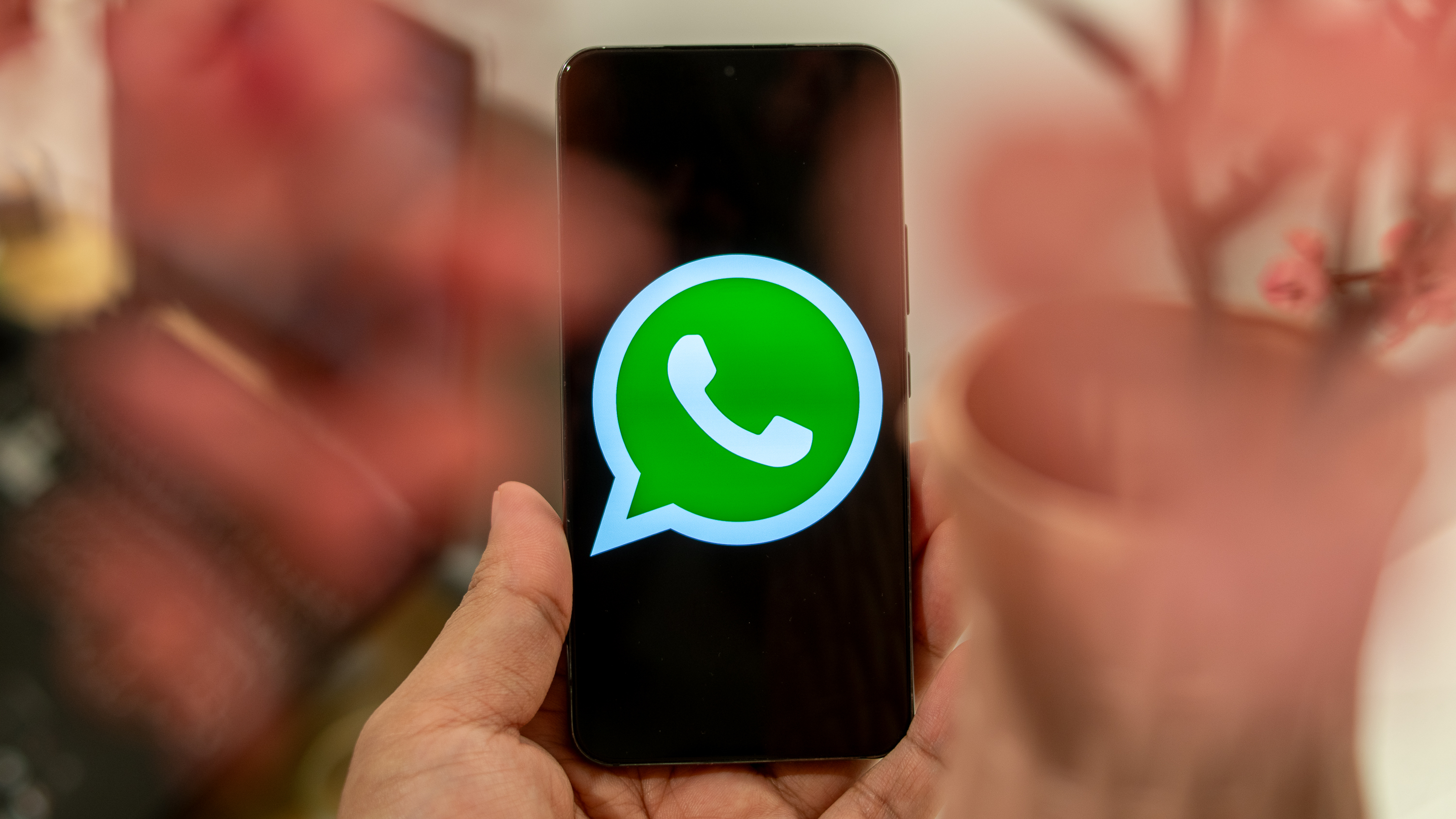
Welcome to Ask Jerry, where we talk about any and all the questions you might have about the smart things in your life. I'm Jerry, and I have spent the better part of my life working with tech. I have a background in engineering and R&D and have been covering Android and Google for the past 15 years.

Ask Jerry is a column where we answer your burning Android/tech questions with the help of long-time Android Central editor Jerry Hildenbrand.
I'm also really good at researching data about everything — that's a big part of our job here at Android Central — and I love to help people (another big part of our job!). If you have questions about your tech, I'd love to talk about them.
Email me at askjerryac@gmail.com, and I'll try to get things sorted out. You can remain anonymous if you like, and we promise we're not sharing anything we don't cover here.
I look forward to hearing from you!
Why does iMessage need to support RCS?

Ryan asks:
I have an iPhone and keep hearing about RCS support. I know it's coming but I don't know why it matters? Why is it so important?
Thanks
Hi Ryan, and thanks for the great question! With so much talk about how Apple is supporting RCS messaging, very little of it explains why.
The answer is twofold. On one hand, you have the benefits of RCS over SMS—and there are quite a few. The other reason, and maybe the most important one, is a little weird and is all about market share.
The benefits of RCS over SMS matter to a lot of people. RCS is the current standard for most telecom companies and has replaced SMS services. Since the standards are "loosely" enforced and applied, many companies like Google have stepped in and improved them.
Basically, RCS is just like iMessage. You have rich messaging with support for much larger media files, read receipts, stickers, and everything else that comes with a service like iMessage or WhatsApp.
With Google's version—which is supported by every Android phone—you can add full encryption into the mix. the only person who can read your message is the person you're sending it to. Hopefully, Apple will implement RCS in a compatible way because this is really the best feature.
Right now, when you, as an iPhone user, message someone with an Android phone and see a green bubble, nothing is being encrypted—your messages or the ones you receive. It's not easy to intercept a message and read it, but it's not impossible and the instructions are out there so anyone who is a little bit computer savvy can do it.
You should want your messages end-to-end encrypted, no matter who you're talking to. With RCS, you can have that; both chats with one person and group chats.

Here's the weird part—this really only matters in places like North America where people use SMS. About half the people in the U.S. and Canada use an iPhone while the other half use an Android phone. This is very different than most everywhere else and once you head abroad you'll see that almost everyone uses an Android phone.
When half the people are talking to the other half, making messaging work great for both halves is important.
You would think this is even more important in places where most people use an Android phone. Apple doesn't want to be the only reason why chats and messages are unencrypted in a place like France or Indonesia. This is true, but one thing makes a big difference—very few people outside North America use iMessage, SMS, or RCS.
WhatsApp rules the roost once you venture outside of North America. There are various reasons for this, but in the end, WhatsApp offers everything RCS does, and as long as you have a data connection, it's free. People around the world have been enjoying the experience Apple and Google have been working to build for years, thanks to WhatsApp.
No message service is perfect. Once Apple adopts its version of RCS, it won't fix everything, either. But Apple and Google have to work together to build a secure and rich first-party messaging service that works everywhere, and supporting RCS goes a long way toward that goal.







